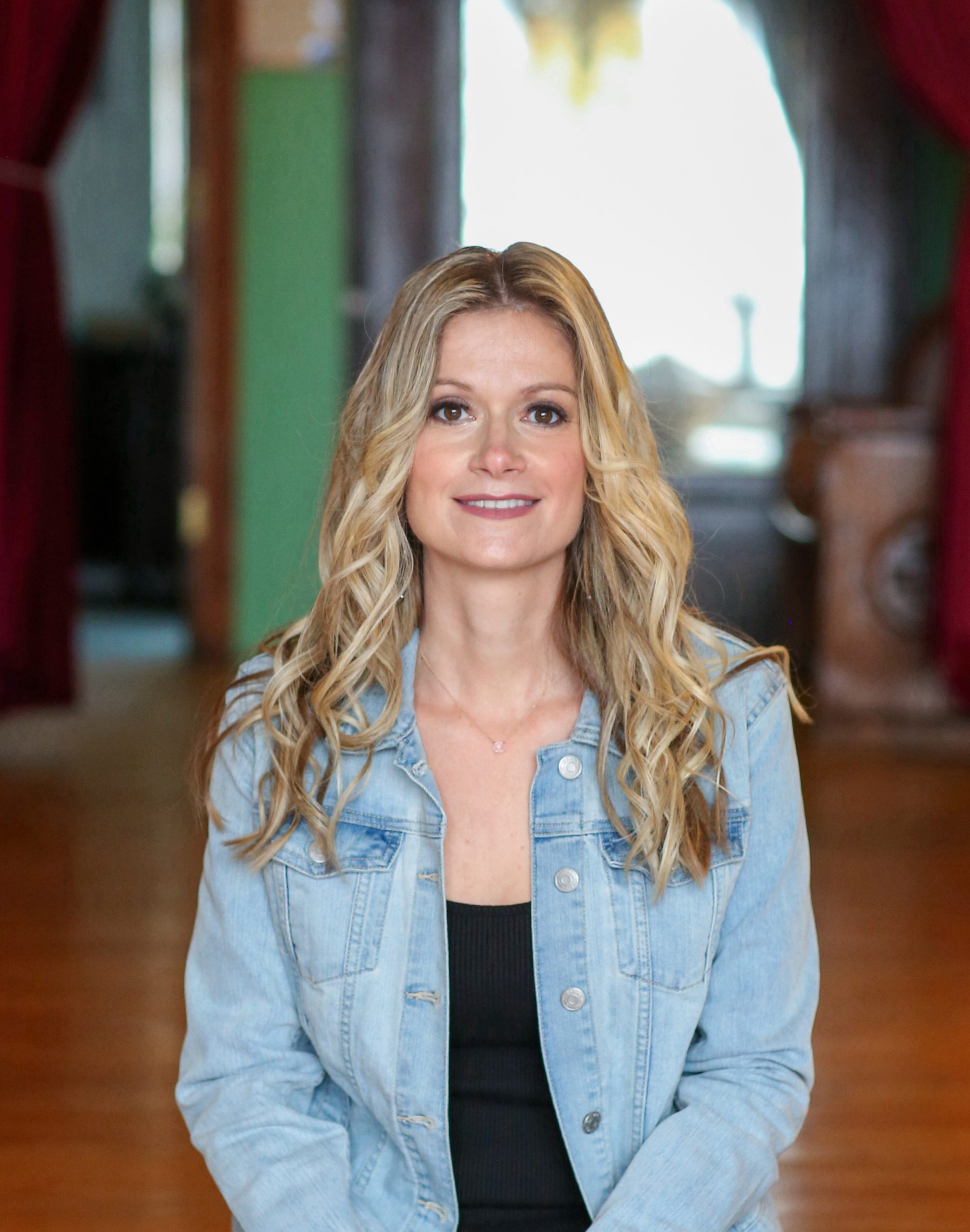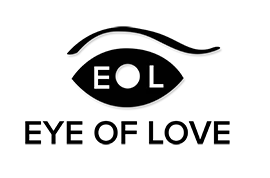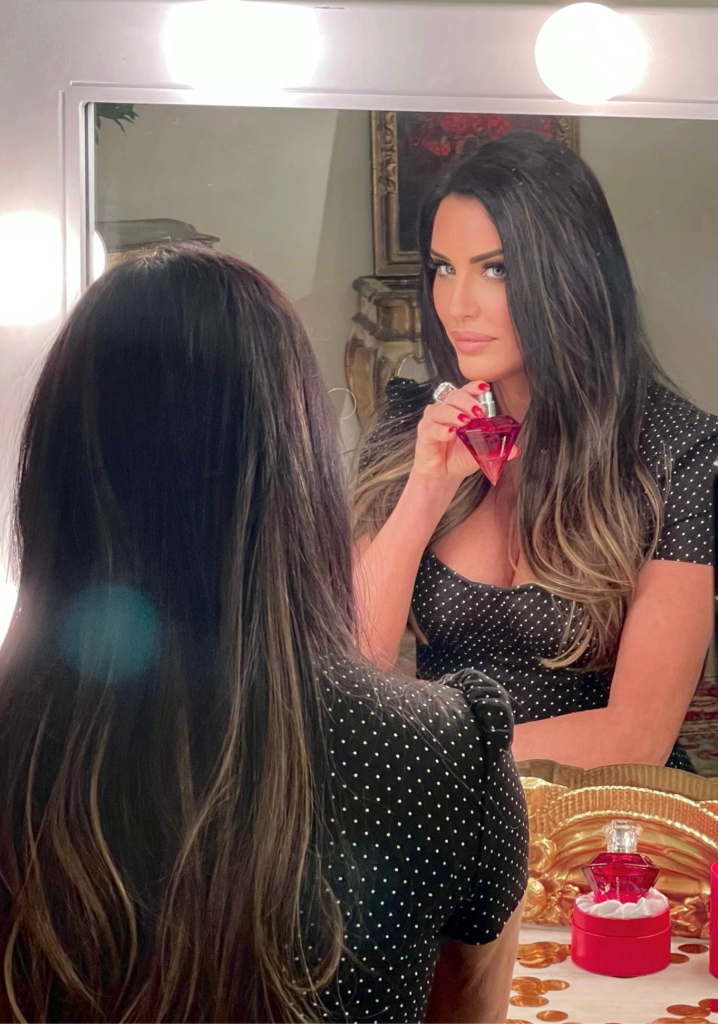You likely know that gaslighting, uncontrolled temper, any form of abuse and contempt are bright red flags when it comes to dating. Because these behaviors are so obvious and toxic, it’s easier to end things before your relationship gets worse.
But what about the subtle red flags when you first start dating someone?
These are behaviors that you might not like but aren’t sure if it’s worth walking away. In the throes of infatuation and when you start falling in love, it’s easy to overlook or minimize certain behaviors. After all, when you find someone new, your body is hijacked by hormones that push you to ignore your date’s…not-so-stellar actions.
I want to save you time and heartache from being with the wrong fit, so before you find yourself deeply attached, watch for these subtle signs that show themselves early on:
1. They engage in double standard behavior. This means that their rules and beliefs apply to you—but not to them. They don’t want you to stay in touch with exes, but they think it’s okay for them to text their ex-boyfriend or ex-girlfriend. They expect total honesty from you, but allow themselves to bend the truth or omit important information. They’re allowed to cancel plans if they need a night in, but if you do it, they guilt trip you. They give themselves the freedom to act however they want to act—but try to suppress your freedom. Since you’re held accountable but they rarely are, you’ll feel resentment and distrust sooner rather than later.
2. They’re critical. You get criticized for even the most basic of things, like the shirt you picked out, how you chop a vegetable, or that you’d prefer to binge a Netflix show rather than take part in an activity. You feel like you’re walking on eggshells like you can’t do or say anything right, and that your every movement is being looked at under a microscope. When you see criticism early on, it can be a sign that they have high anxiety, control issues, or really expect you to be someone else. Whatever the reason, they probably won’t ever be satisfied with you. You deserve someone who will accept you and appreciate you for who you are. It’s one thing if someone inspires you to grow in a better direction, but it’s another thing entirely if they point out your flaws, make you feel miserable, or want to change you.
3. They refuse to understand your perspective. If a relationship is going to succeed, it’s important that both people feel validated. In other words, they need to feel that their partner “gets them.” However, if you find that you’re sharing your feelings and experiences, and they never attune to your needs, you’ll never feel emotionally safe. If they routinely dismiss, minimize, or ridicule you, it’s simple: they’re not ready to be with you. Inevitably you won’t feel comfortable sharing your innermost thoughts, and then what’s the point? Find someone who wants to hear about your colorful inner world and validates you. This is what makes intimacy happen.
4. They’re unwilling to put in the effort. You’ve expressed your needs—but your new partner isn’t meeting them. They say they’re going to take care of something, and then they “keep forgetting.” You tell them something is important to you but they don’t do anything about it. In essence, you feel like you’re carrying the relationship. If you don’t see effort in the beginning—during the time that most people go over-the-top to impress their new significant other—don’t expect things to change. If they’re not interested in putting in the effort now, they’re not going to put it in later, and you’ll never be able to rely on them or feel like you matter—and you should feel like you matter.
5. They don’t show appreciation. You went out of your way to buy them a thoughtful gift and they responded with “cool.” You worked overtime so you could spend a day with them—and they don’t acknowledge your efforts. You read the book they’ve passionately talked about, and they give a shrug when you share. Appreciation acts as a buffer against negativity, and without it, a relationship can head toward a downward spiral. Appreciation also increases the amount of respect and affection in a relationship. It doesn’t always have to be expressed verbally, but you should be consistently building a culture of appreciation. And again, in the beginning, it should be easy to point out all of the wonderful things about you. Without consistent appreciation, you’ll miss out on the surplus of positivity that’s needed to roll with the inevitable ups and downs of a relationship.
So here’s the deal. Sometimes, even the best partners occasionally raise a red flag. They’re human. We’re human. Sometimes we forget to compliment our partner. Sometimes we really do forget about something important. We’re imperfect. They’re imperfect. However, these red flags should be few and far between. If these behaviors seem to have taken up permanent residence in your relationship—and they’re the rule, not the exception—proceed with caution, and think about what you’re putting yourself through. You want to be in a healthy relationship that is generally free of these five red flags.







